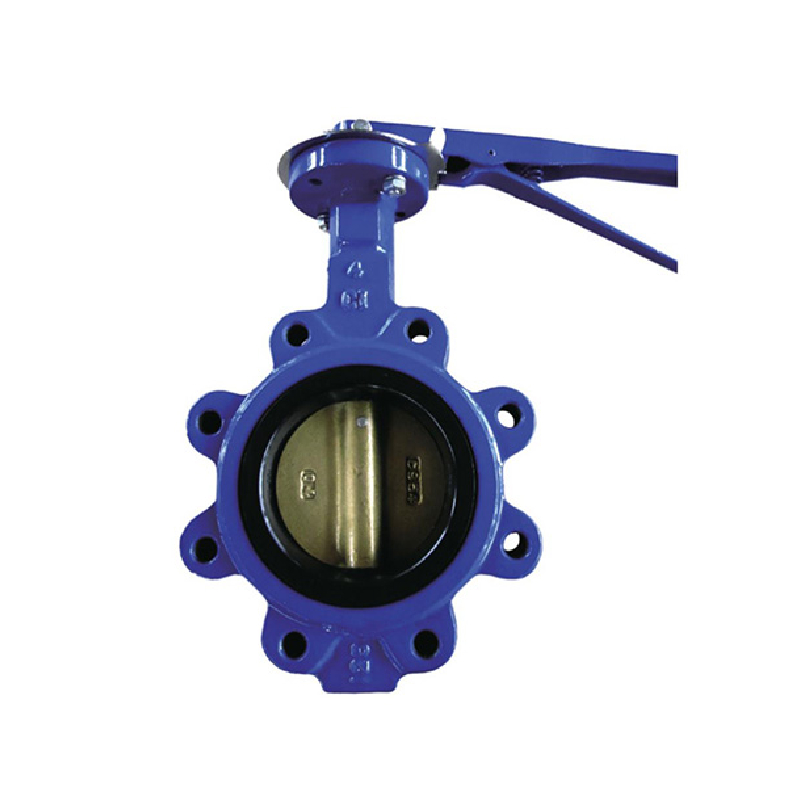8 月 . 29, 2024 18:14 Back to list
Hot Water Check Valve - Reliable Flow Control Solutions
Understanding Hot Water Check Valves Essential Components for Efficient Water Systems
Hot water check valves are crucial components in modern plumbing and heating systems, ensuring the efficient flow of hot water while preventing backflow. Backflow can lead to contamination of the water supply and disrupt the intended operation of various appliances, such as water heaters and boilers. Therefore, understanding how check valves work and their significance is essential for homeowners and maintenance professionals alike.
A check valve, also known as a non-return valve, is designed to allow fluid (in this case, hot water) to flow in one direction only. This functionality is vital in systems where the direction of flow must be controlled to maintain efficiency and safety. For hot water systems, these valves prevent the undesirable reverse flow that could occur when there is a drop in pressure or when multiple appliances are in use simultaneously.
Typically made from durable materials such as brass, stainless steel, or PVC, hot water check valves are engineered to withstand high temperatures and pressures. Their construction varies based on application needs; some valves feature a spring-loaded mechanism, while others may utilize a gravity-operated design. The choice of valve largely depends on the specific requirements of the water system in which they are installed.
hot water check valve

Installation is another critical aspect of check valves. They should be placed in a position that aligns with the flow direction indicated on the valve body. Proper installation ensures that the valve functions effectively, safeguarding the system from any backflow issues. Regular maintenance is also recommended to check for wear and tear, especially in systems that experience high usage or extreme temperatures.
In addition to preventing backflow, hot water check valves contribute to energy efficiency. By ensuring that hot water flows seamlessly to where it is needed, they help reduce energy waste, as appliances like water heaters do not need to work harder to maintain temperature or pressure.
In conclusion, hot water check valves play a pivotal role in the functionality and safety of plumbing systems. Their ability to prevent backflow, combined with their contribution to energy efficiency, makes them indispensable in both residential and commercial applications. For anyone looking to ensure the longevity and proper operation of their hot water systems, understanding and maintaining these valves is paramount. Investing in high-quality check valves and ensuring proper installation can save time, money, and headaches in the long run.
Share
-
Understanding the Differences Between Wafer Type Butterfly Valve and Lugged Butterfly ValveNewsOct.25,2024
-
The Efficiency of Wafer Type Butterfly Valve and Lugged Butterfly ValveNewsOct.25,2024
-
The Ultimate Guide to Industrial Swing Check Valve: Performance, Installation, and MaintenanceNewsOct.25,2024
-
Superior Performance with Industrial Swing Check Valve: The Essential Valve for Any SystemNewsOct.25,2024
-
Industrial Swing Check Valve: The Ideal Solution for Flow ControlNewsOct.25,2024
-
You Need to Know About Industrial Swing Check Valve: Functionality, Scope, and PerformanceNewsOct.25,2024